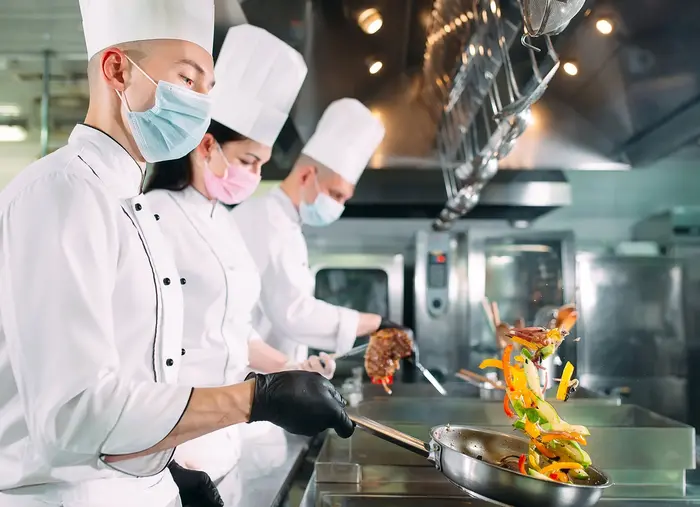
The restaurant industry is a great venture teeming with flavors, people, and the potential for success. It’s an arena where passion meets profit, and culinary dreams come to life. However, like a complex recipe, the journey to a successful restaurant business requires a balanced blend of ingredients – knowledge, planning, and a dash of resilience. Before you tie your apron and light the burners, let’s walk through the key things you need to know to navigate the bustling kitchen of the restaurant business.
Creating Your Concept
Your restaurant’s concept is the cornerstone of your business. It’s more than just what’s on the plate; it’s the theme, the atmosphere, the experience. This includes the type of cuisine you’ll serve, the style of service, the decor, and even the type of music you’ll play. Every aspect needs to align and complement each other, creating a cohesive experience that will entice customers and keep them coming back.
To stand out in a saturated market, you must offer something unique. Research trends but don’t be afraid to tap into timeless traditions or underrepresented cultures. Your concept should reflect both your passion and market demand, creating a special place that offers a taste or experience that diners can’t find anywhere else.
Financial Forecasting
A restaurant’s success isn’t measured by the crowd it draws alone, but by the numbers that underline its operations. Financial forecasting is not just a one-off task for your business plan; it’s a continuous process that helps you predict where your business will stand in the future.
Understand your costs, from fixed expenses like rent and salaries to variable ones like food inventory and utilities. Develop a comprehensive business plan that includes realistic sales projections, break-even analysis, and contingency plans. Monitor cash flow diligently, and always keep a keen eye on your profit margins. Remember, even the most popular restaurants can falter if the economics don’t add up.
Oil Management: Keeping Cleanliness and Safety at the Forefront
When it comes to running a kitchen, restaurant oil disposal might not be the first thing on your mind, but it’s a vital aspect of restaurant management. Improper handling of oil can lead to serious safety hazards and health violations. Whether you’re deep-frying chicken or dressing a salad, the way you dispose of oil can affect your restaurant’s cleanliness, safety, and even its impact on the environment.
Invest in an oil management system that ensures the safe removal and recycling or disposal of used oil. Train your staff on proper oil handling techniques to prevent accidents, such as burns from hot oil or slips from spills. Additionally, ensure that you comply with all local regulations regarding oil disposal to avoid hefty fines and potential shutdowns.
By addressing these initial three areas – concept crafting, financial planning, and oil management – you lay the groundwork for a business that’s not just a fleeting trend but a mainstay in your community. Stay tuned for the next set of insights that will complete your prep work for a thriving restaurant venture
Build Your Team
The staff you hire can make or break your restaurant. Chefs, servers, dishwashers, managers – each plays a crucial role in delivering the experience your concept promises. Hiring the right team means looking beyond the resume; it’s about finding people who share your vision and enthusiasm.
Focus on candidates who not only have the skills but also the personality to match your restaurant’s culture. Consider their ability to work under pressure, their passion for service, and their adaptability to change. And once you have your team, invest in their growth. Regular training and clear paths to advancement will not only improve service quality but also boost morale and loyalty.

Marketing and Customer Relations
A strong online presence is as crucial as the sign above your door. Your marketing strategy should be a mix of traditional methods and social media engagement. Craft a narrative that resonates with your target audience, and let your restaurant’s personality shine through in every post, tweet, or ad.
But don’t just speak; listen. Engage with your customers, respond to their feedback, and make them feel heard. Customer relations go beyond service at the table; it’s about building a community around your brand.
Navigating Regulations and Compliance
Finally, understanding and adhering to the numerous regulations in the restaurant industry is critical. Health codes, safety regulations, labor laws, and licensing requirements are just the tip of the iceberg. Stay informed and compliant to avoid costly violations and potential legal issues.
Regularly review your local health department’s guidelines and build a rapport with inspectors. Ensure your managers are certified in food safety and that your staff follows best practices in food handling and cleanliness.